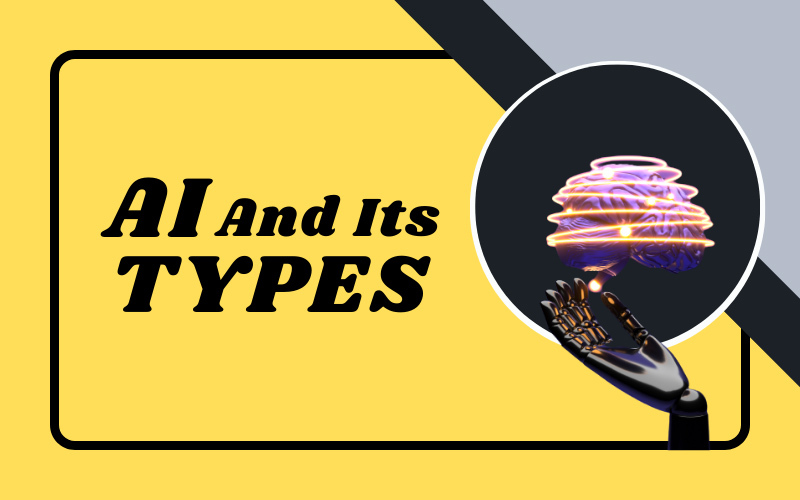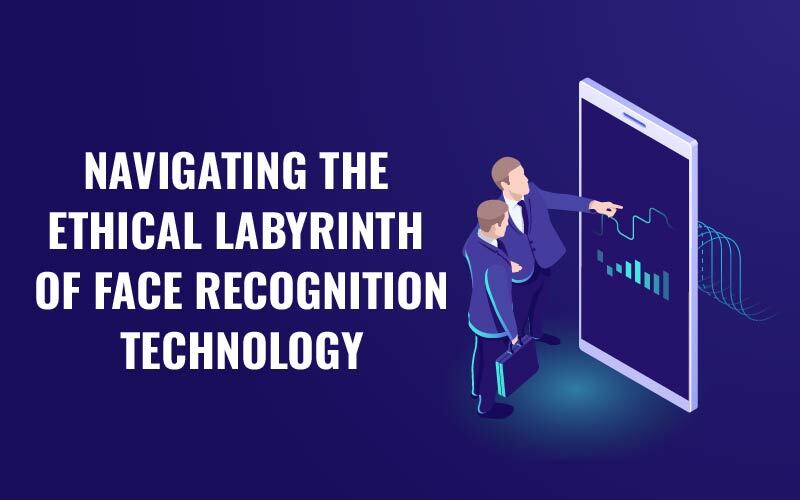Introduction
In its most basic form, artificial intelligence is a subject that integrates computer science with big datasets to aid in problem-solving. In addition, it covers the aspects of artificial intelligence known as deep learning and machine learning, which are frequently discussed in conjunction. These domains employ AI algorithms to create expert systems that classify information or make predictions based on incoming data.
Applications that carry out complicated activities that formerly required human input, such playing chess or corresponding with clients online, have come to be known as “artificial intelligence,” or AI. Its subfields, such as deep learning and machine learning (ML), are frequently used interchangeably with the word. Even so, there are some variations. For instance, the objective of machine learning is to construct systems that, based on the data they are fed, either gain new skills or improve existing ones. Whilst all artificial intelligence (AI) is machine learning, not all AI is machine learning, it’s vital to remember this.
Types of AI
The major types of AI are-
- Weak AI
Weak AI, commonly referred to as narrow AI, is limited to performing a single narrow task. It advances along the spectrum of a single subset of cognitive talents. Narrow AI applications are becoming more prevalent in our daily lives as machine learning and deep learning techniques progress. An example of a Narrow AI is Apple Siri, which only completes a limited number of predetermined tasks. Siri frequently has problems when assigned tasks that are outside of its capabilities.
- General AI
An intelligence called general artificial intelligence (GAI) is capable of doing any intellectual job as effectively as a person. The creation of a system that is intelligent enough to think for itself is the aim of general AI. There is currently no system that falls under general AI that can carry out every work as well as a person. Researchers from all across the world are currently concentrating on creating general AI devices.
- Super AI
Super AI is capable of doing any task better than people could since it is more intelligent than people. According to the idea of artificial superintelligence, AI has advanced to the point where it is so similar to human emotions and experiences that it not only understands them. It’s still speculative whether it exists. Super AI needs to be able to reason, solve puzzles, make judgements, and make decisions on its own, among other essential traits.
To share your views on Ai, visit the Ai Write For Us category
The Bottom Line
Artificial intelligence (AI) has been a thing for a while. Artificial intelligence (AI) is permeating more and more aspects of our daily lives, from instant suggestions on search engines and auto-focus in smartphones to robot greeters at malls and car cruise control. Businesses may improve operations, acquire a competitive advantage, and eventually speed up growth by incorporating AI technologies into every part of their operations. In the future, AI will continue to change the world in a variety of ways due to its great potential for innovation and advancement.
Also Read: Why Communication and Assertiveness are Important?




